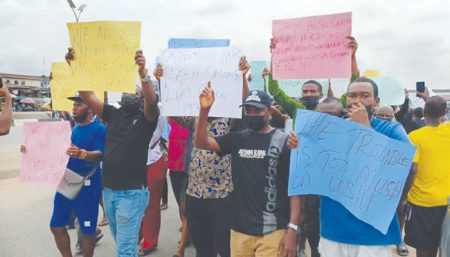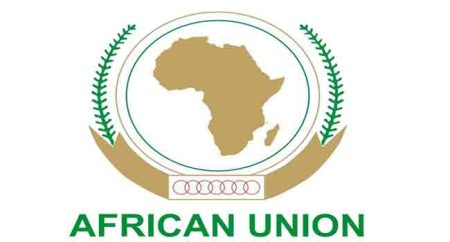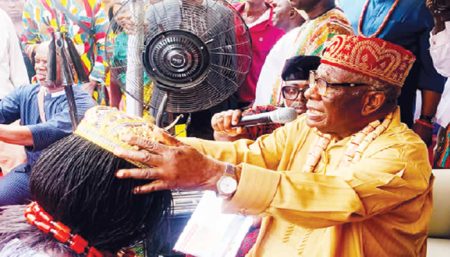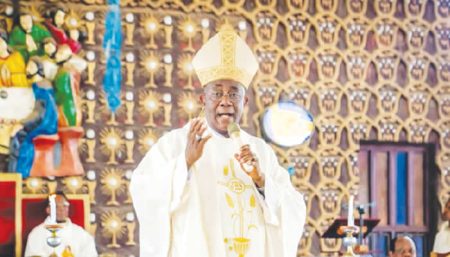The Nigerian naira experienced a significant devaluation against the US dollar in the official foreign exchange market, reaching N1,600 per dollar after holding steady at around N1,500 for the preceding three months. This represents a N31 drop in the naira’s value, according to data released by the Central Bank of Nigeria (CBN). The devaluation reflects an increasing pressure on the naira amidst ongoing economic challenges, including dwindling foreign exchange reserves, rising inflation, and a persistent trade deficit. The shift also suggests potential adjustments in the CBN’s managed float exchange rate system, potentially moving towards a more market-determined exchange rate regime. This devaluation has wide-ranging implications for the Nigerian economy, impacting import costs, inflation rates, and the country’s overall economic stability.
The parallel market, often referred to as the black market, also mirrored the official market’s trend, with the naira weakening against the dollar. The exchange rate in this informal market rose to N1,565 per dollar, compared to N1,555 the previous day. This parallel market activity often reflects the true market demand and supply dynamics for foreign exchange, often surpassing the officially quoted rates. The widening gap between the official and parallel market rates, now at N35 compared to N14 the day before, indicates a growing disparity between the controlled official rate and the market’s perceived value of the naira. This discrepancy can fuel arbitrage opportunities, encourage currency speculation, and further strain the official foreign exchange market.
The devaluation of the naira is a complex issue rooted in a confluence of economic factors. Primarily, Nigeria’s heavy reliance on oil exports makes the country vulnerable to fluctuations in global oil prices. Recent declines in oil revenues have significantly impacted the country’s foreign exchange earnings, reducing the supply of dollars in the market and contributing to the naira’s weakness. Furthermore, the country’s persistent trade deficit, where imports exceed exports, further exacerbates the demand for foreign currency, adding pressure on the naira. These structural economic challenges contribute to the ongoing volatility in the foreign exchange market.
Another contributing factor is the CBN’s foreign exchange management policies. While the CBN has implemented various measures to stabilize the naira, including interventions in the foreign exchange market and restrictions on certain imports, these measures have had limited success. The widening gap between the official and parallel market rates suggests that these policies may not be fully effective in addressing the underlying market dynamics. A shift towards a more flexible exchange rate regime could potentially help to alleviate some of the pressure on the naira and reduce the disparity between the official and parallel market rates, but such a transition carries its own set of economic risks and requires careful management.
The implications of the naira devaluation are far-reaching and impact various sectors of the Nigerian economy. Importers, who rely on foreign currency to purchase goods from abroad, will face increased costs, potentially leading to higher prices for imported goods. This could contribute to inflationary pressures, impacting the purchasing power of consumers. Moreover, businesses relying on imported raw materials and intermediate goods will experience higher production costs, potentially squeezing profit margins and affecting their competitiveness. The devaluation can also impact foreign investment decisions, as investors may be wary of currency volatility and potential losses in repatriating their earnings.
The devaluation of the naira underscores the urgency for comprehensive economic reforms aimed at diversifying the Nigerian economy, reducing its dependence on oil exports, and strengthening its non-oil sectors. This includes promoting domestic production, attracting foreign investment, and improving the business environment. Addressing these structural issues is crucial for achieving long-term economic stability and strengthening the naira’s value in the international market. Furthermore, fostering transparency and efficiency in the foreign exchange market is essential for building confidence and attracting investment. The current situation highlights the interconnectedness of various economic factors and the need for a holistic approach to address the challenges facing the Nigerian economy.












